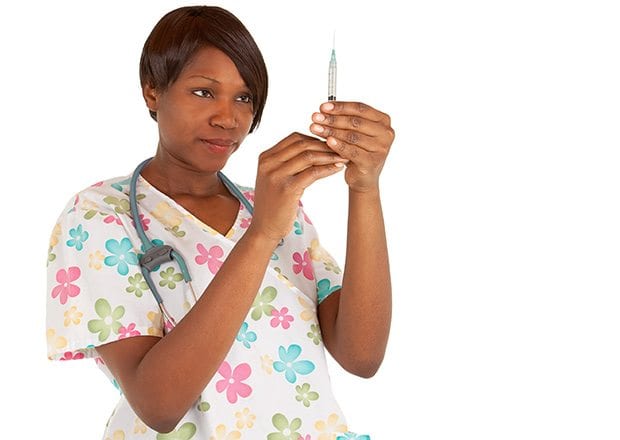There is not one eating plan for all to follow. The types and amount of food depend on a person’s age, gender, weight, level of physical activity and medical condition. The choice of nutrients is up to you. The point is to choose wisely from each food group — maximize consumption of fruits, vegetables and whole grains while minimizing fatty meats and dairy products, unhealthy fats and sodium.
A general rule is to make half your plate fruits and vegetables and the other half whole grains and low-fat protein. Water is a better choice than sugar-sweetened drinks.
It is also important to balance the intake of calories with the calories the body uses daily. Consuming more calories than needed leads to weight gain. Healthy eating therefore should be combined with moderate exercise — 30 minutes a day at least five days a week. Ten-minute sessions several times a day are fine.
Below is an example of a healthy eating plan for a 75-year-old sedentary woman. The plan from Choosemyplate.gov is based on roughly 1,600 calories a day and shows the recommended number of daily servings for each food type as well as examples of serving sizes. The American Heart Association recommends limiting sodium to 1,500 milligrams, or roughly half a teaspoon, a day for older adults, African Americans and those with high blood pressure. Added sugars should not exceed 6 teaspoons for women and 9 teaspoons for men a day.
Remember that one’s particular plan will change according to personal taste, lifestyle and health care needs.
How many calories do people over age 50 need each day?
A woman:
- who is not physically active needs about 1,600 calories
- who is somewhat active needs about 1,800 calories
- who has an active lifestyle needs about 2,000-2,200 calories
A man:
- who is not physically active needs about 2,000 calories
- who is somewhat active needs about 2,200-2,400 calories
- who has an active lifestyle needs about 2,400-2,800 calories
Source: http://www.nia.nih.gov/health/publication/healthy-eating-after-50
For more information: USDA Food and Nutrition Information Center, 301-504-5414, www.nal.usda.gov/fnic
National Institute on Aging Information Center, 800-222-2225, www.nia.nih.gov, www.nihseniorhealth.gov







